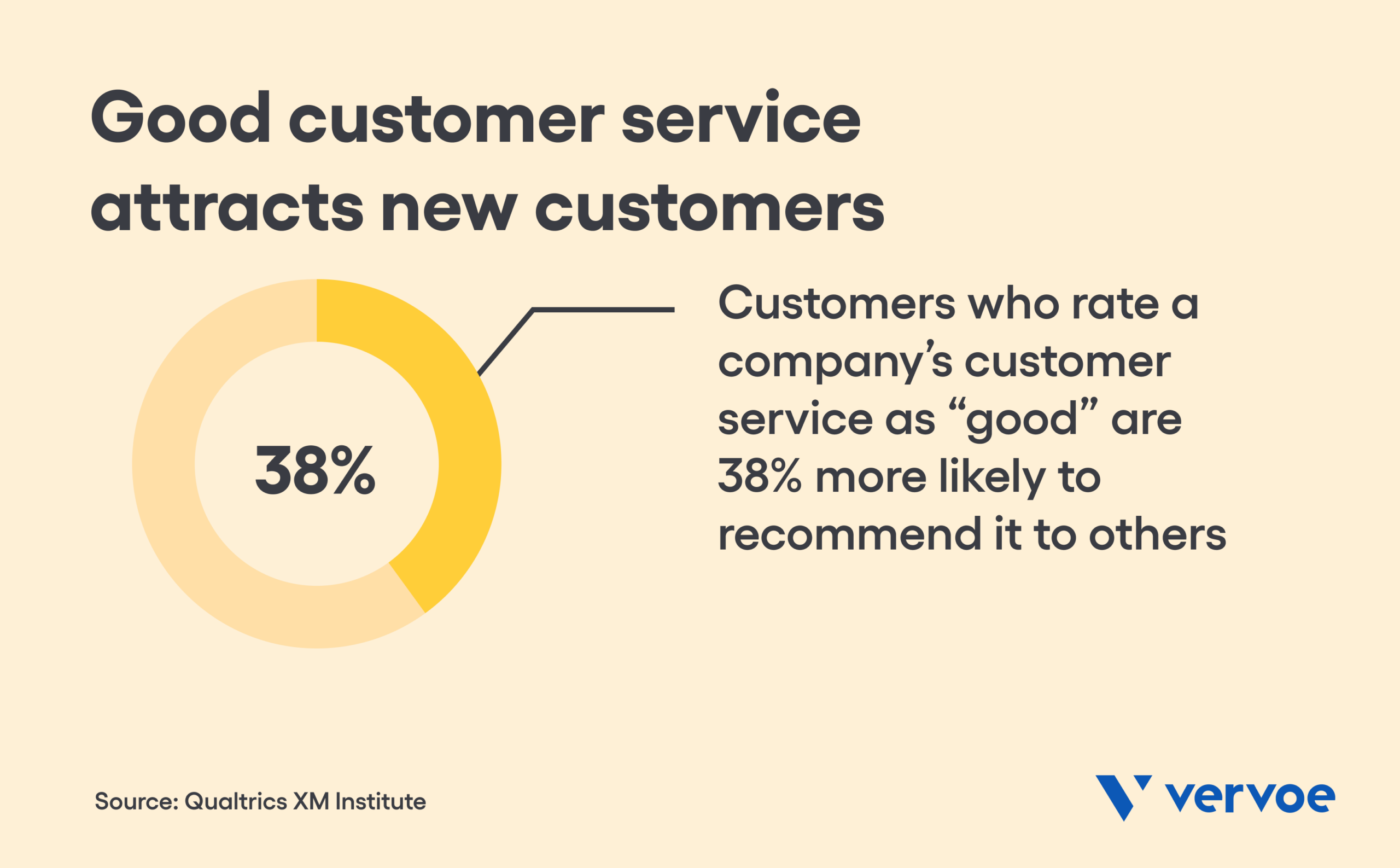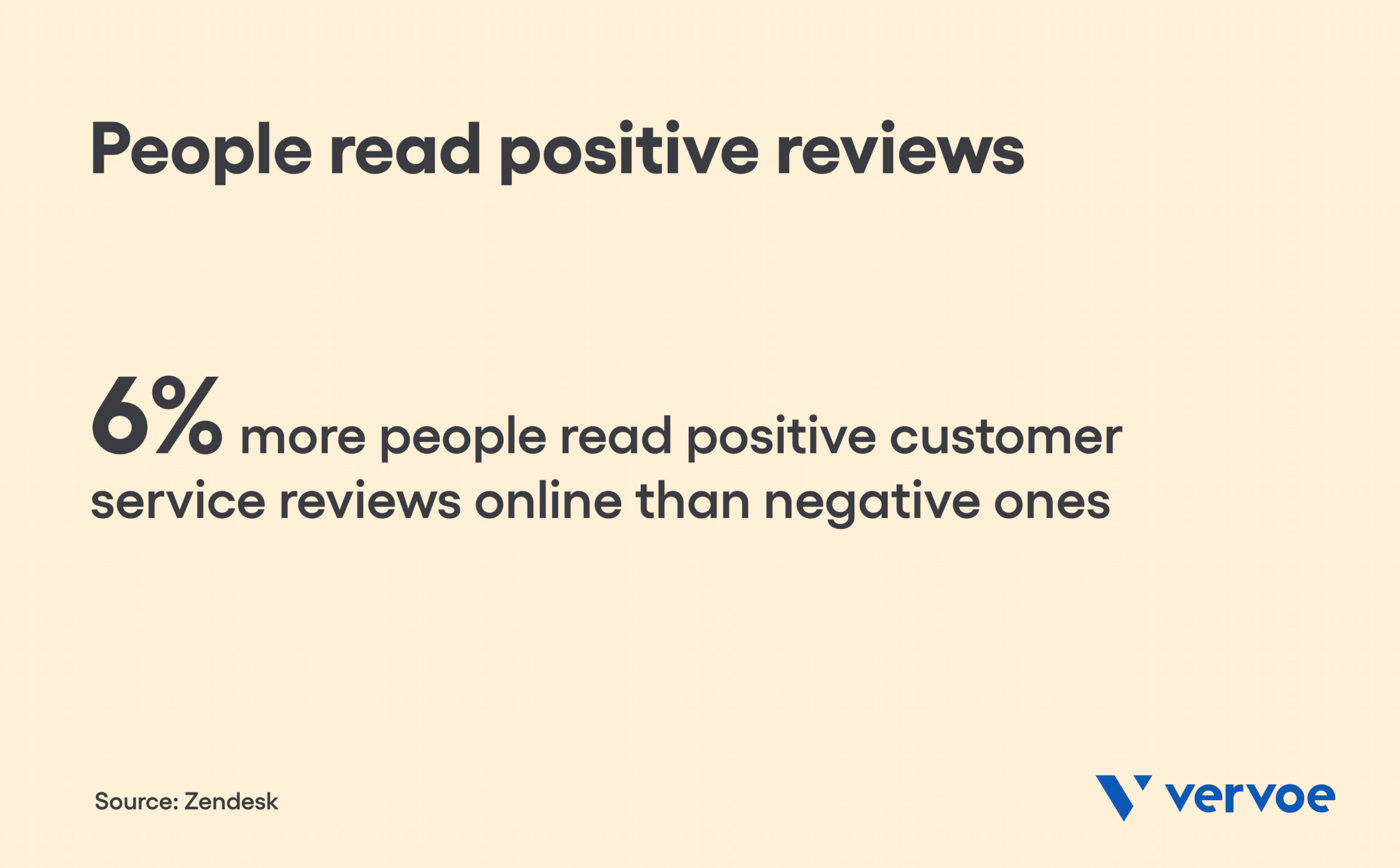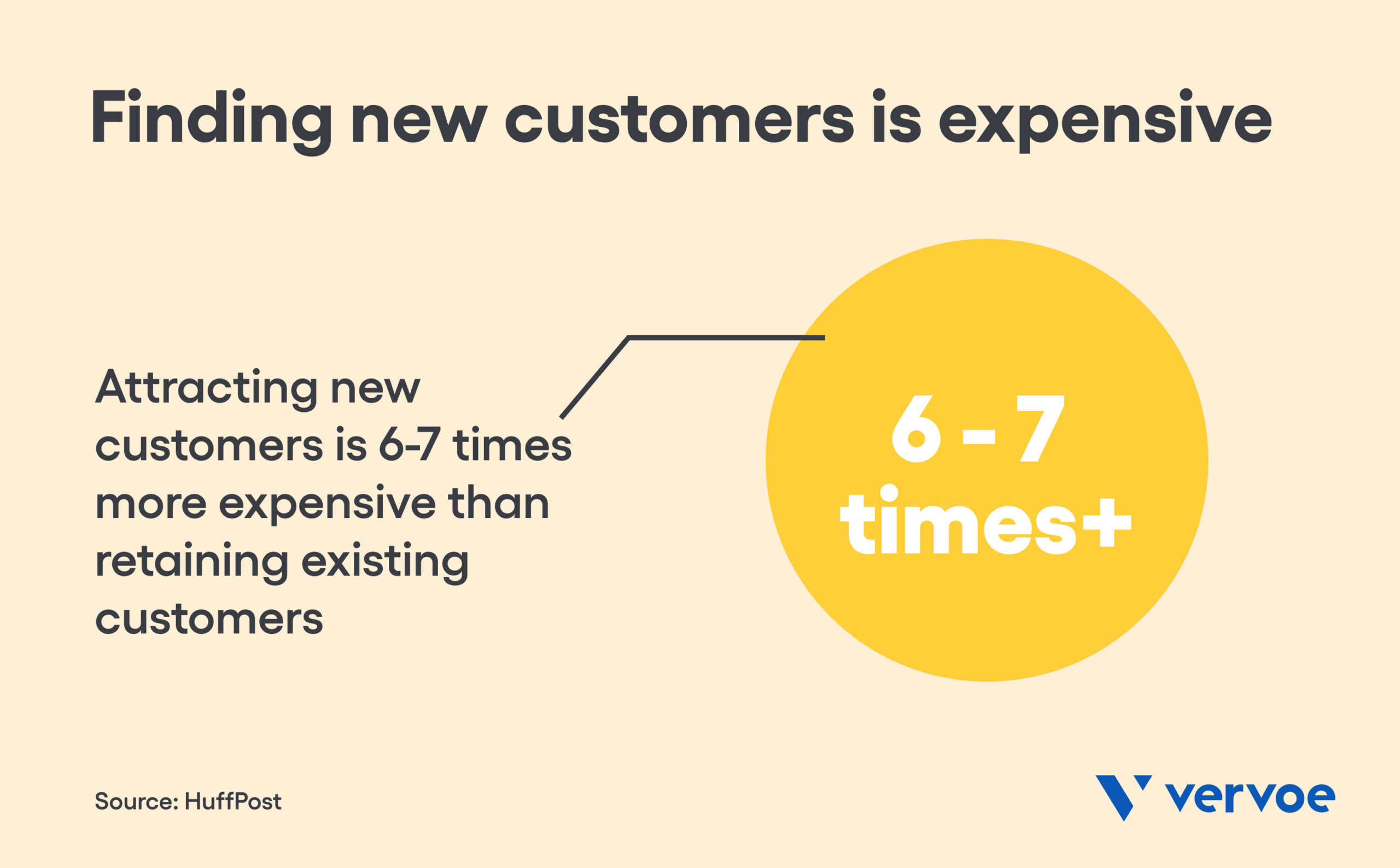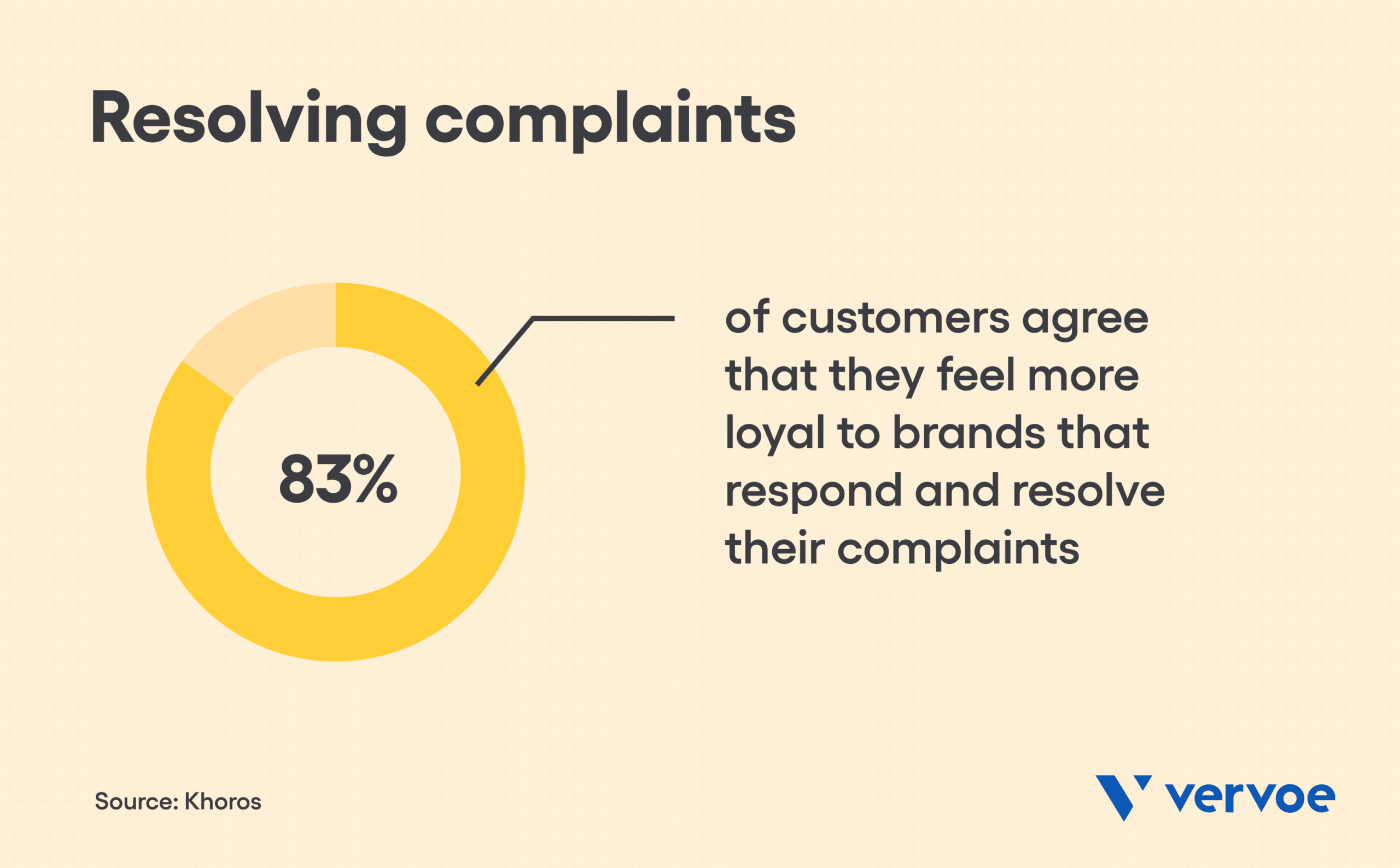It’s often said that excellent customer service skills in hospitality are at the heart of successful restaurant, café, and hotel experiences.
With so many factors that go into creating a successful business, this may seem like a big call. But if you think back to the last interaction you had as a customer, quality of service likely played a sizable role in your experience and decision to interact with the brand.
While most hospitality businesses proclaim their commitment to providing exceptional customer service, actually doing so is another story. It can be difficult to break great customer service down into a repeatable, teachable formula, and therefore hard to train a team on how to provide it each and every time.
Yet, to a large extent, that’s exactly what managers and business owners have to do to train their customer-facing staff. They’re the ones on the front line who will ultimately shape a customer’s desire to stay and do business, and hopefully keep them coming back for more, making it vital to get this training right.
So, how do you ensure they possess the right customer service skills to surprise and delight customers?
In this article, we’ll take a look at the most important customer service skills in the hospitality industry, and how to train your team to master them.
Why it’s important to provide great customer service in hospitality
Excellent customer service can make or break your hospitality business. The type of customer service experience you offer has a lasting impact. So, you need to ensure they walk away feeling valued, respected, and cared for.
Offering exceptional customer service will help your hospitality business gain loyal followers. Customers who rate a company’s customer service as “good” are 38% more likely to recommend it to others. In simple terms, when anyone experiences excellent customer service in the hospitality industry, it will keep them coming back for more.
With that in mind, whenever you’re working with hospitality staff, it’s worth training them properly to provide excellent customer service.
While not every hotel or restaurant will have a huge learning and development budget, there are plenty of ways to train your team in-house. Work with the resources that you have and start with the basics.
Define what positive customer service interactions look like in your hospitality business, and establish some simple standards. Is there a consistent greeting, a group of questions, even a regular offer of other services your staff should be using with customers?
Articulate, formalize, and implement these basic standards to create consistency, and build from there.

Always be exceeding expectations
Whenever a customer walks into your hospitality business, they expect a certain level of customer service. It’s not merely about service with a smile — although that’s a start — it’s also about surpassing regular customer service expectations.
Hiring people who can master vital customer service skills and provide exceptional experiences can have a direct impact on the bottom line of a business.
Customer referrals
Whether it’s giving restaurant recommendations, discussing exceptional service, or telling friends about a new hotel, people love to talk. When a customer leaves your business, they often chat to friends, family, and even acquaintances about their experience, and what they say can make or break a business attracting new customers from that circle.
For example, a single hotel guest may tell their partner, parents, friends, and even strangers about the hotel customer service they experienced. If you were able to offer them the best hotel customer service possible, you can bet they’ll be raving about your hospitality professionals every chance they get.
It’s not all talk — you can expect customers to use review sites too. 6% more people read positive customer service reviews online than negative ones. Get this aspect of your offering right and you’ll quickly land some free marketing for your hospitality business.

Retaining existing customers
A negative experience leaves a nasty taste in people’s mouths which may cause them to never return to your business. Because you need loyal customers to sustain your hospitality business, you may need to up your game.
Attracting new customers is 6-7 times more expensive than retaining existing customers. You can save yourself money and energy by getting this right from the outset. This move will improve your customer retention and keep people coming back for more.

Customer service skills to surprise and delight your guests
Ready to upgrade your customer service offering? There’s a wide selection of ways that hospitality businesses can enhance the customer experience. The key here is to hire the right hospitality professionals to create a culture that promotes excellent customer service throughout the business.
Adjusting the way you assess candidates when hiring, investing in training, and working with staff to develop great customer service skills is the best way to upgrade your service culture.
Whether you’re in hotel services, own a small business, or manage a team of waiters, the same skills apply.
Let’s take a look at some of the best customer service skills you can teach your team members.
1. Understanding customers
The number one rule in the hospitality and tourism industry is that you need to understand your customers. In order for your customer service team to offer world-class service every time, they need to know what’s demanded of them.
One of the best approaches hospitality businesses can take is to paint a vivid picture of your core demographic, their needs, and interests.
There are many factors that go into providing excellent service. However, the better your employees understand your customers and effectively communicate with them, the more likely they are to excel in customer service. For that reason, you may want to invest some funds into getting to know your guests well.
2. Pre-empting customer requests
People who work in the hospitality industry aren’t mind readers — but they sort of need to be. The more your team can pre-empt what customers need, the better.
For example, if you’re running a hotel and your employees know that guests tend to ask about local hiking destinations, there’s an opportunity there. You may want to offer pamphlets on nearby beauty spots and trails.
Having resources like this ready to go makes customers feel valued and in good hands, giving them the sense you’re going the extra mile in your service, sharing your knowledge to improve their experience.
3. Training your staff
Training is an essential part of any business. Let’s look at the case of hotel managers and hotel employees. From the moment that guests check in to the time they leave, hospitality professionals are responsible for providing excellent customer service.
Without proper training, they may be unsure of how to get this job right. There are many small things — such as taking deposits from customers and suggesting local places — that they could easily overlook.
Proper training will also ensure your employees know how to deal with challenging situations. The ability to deal with customer frustrations is vital, as it allows you to remain calm and professional even when situations get tense.
It’s for these reasons that investing in training can make all the difference to the quality of customer service you provide. Setting KPIs around excellent customer service early on will help to communicate the importance of customer service to your employees.
4. Asking the right questions
Communication is the backbone of your business. When you’re dealing with guests or customers, asking them what they need is an integral part of the interaction.
Of course, the questions you need to ask depend on your hospitality sector. Take the time to write a list of key questions that your employees should be asking customers every time.
It’s also important for your staff in the hospitality industry to understand what questions not to ask customers. A good rule of thumb is to avoid emotional triggers, such as personal subjects, as they may upset customers.
5. Listening to answers
Of course, good communication in the hospitality industry is a two-way street. Communication skills, including problem-solving and active listening, are incredibly important in the hospitality industry.
If you’re unfamiliar with the term active listening, it involves being quiet when someone is speaking, making eye contact with them, and really taking in everything that is said so that you can respond accordingly. If your employees are currently lacking in any of these skills, be sure to offer them appropriate training to bring them up to speed.
6. Practicing empathy
Another key skill your team should practice is empathy. “Empathy is an important skill in customer service because it helps us to feel the emotions of others,” says Joshua Francia, who is a project manager at Consumer Buff.
“It also helps us connect with others by understanding their needs and feelings. Empathy can make interactions with customers more pleasant for all parties involved, which improves the overall experience for everyone.”
7. Having every staff member help guests
Whether staff are at the front desk or cleaning a hotel room, they should always be ready to serve hotel guests. Providing the best hotel customer service means making guests feel valued and looked after. The same ethos applies to any other hospitality business.
8. Applying the same customer service principles online as in person
Working in the hospitality industry has expanded into the online world. It’s your job to make sure you treat online customers the same as in-person guests. When you’ve finalized your principles, ensure that you use them in all aspects of your hospitality business.
9. Creating a culture of great customer service
Hospitality businesses need to create a positive service culture, and this needs to come straight from the top. No matter how high up you are, your customer interactions should surpass general service standards. If you get this right, your new employees will follow suit.
10. Partnering with other customer service businesses
Want to offer a little extra? If you’re in the hotel industry, chances are guests approaching your front desk will want to know more about the local area.
To ensure you can provide hotel guests with good service in this respect, your hotel management team or even your hotel employees can reach out to nearby businesses. For example, your hotel may want to partner with local restaurants to offer discounts and recommendations.
11. Finding ways to exceed expectations
Wowing your customers is one of the keys to an unforgettable customer service experience. When you’re managing hospitality businesses or another type of company that relies on guest services, it’s important to look for ways to enhance your hotel service offering.
A simple thing you can do is start keeping track of how your employees treat your guests. You can make employee KPIs related to this aspect of your company for your team to work towards.
For example, you can set KPIs related to customer interactions, communication skills, and customer service issues. To ensure they’re performing to the standard you expect, you can stage quarterly or annual reviews with each employee, taking into account metrics such as customer feedback (including both positive experiences and negative reviews), customer loyalty statistics, and so on.
12. Asking for feedback
Of course, if there are any customer service issues within your ranks, you need to sniff them out fast. 83% of customers agree that they feel more loyal to brands that respond and resolve their complaints.
Your guest satisfaction levels in the hospitality industry rely on people having a positive experience. Be sure to take care with any content requested and personal information submitted.

Over to you
As this guide has highlighted, offering exceptional customer service in the hospitality industry is integral to achieving lasting success. In order to offer each and every customer excellent customer service, you need to train your employees in a range of critical customer service skills.
Even if you believe your team offers good customer service, remember, there is always room for improvement. After all, hospitality businesses should aim not only to meet customer expectations but also exceed them.





















